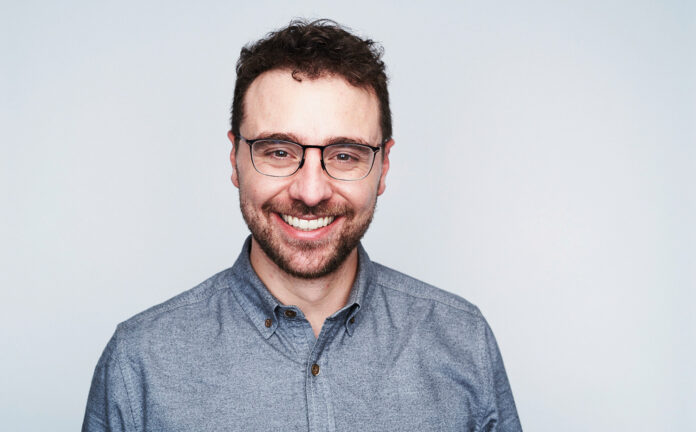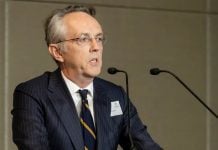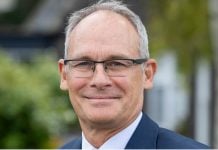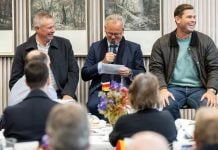As Head of Politics and Government at Instagram, John Tass-Parker (OM 2006) works at the nexus of social networks, politics and media.
With an idiosyncratic background in photography and film production, John has been recognised by Forbes as one of their 30 under 30, and received an RTDNA Edward R. Murrow Award for Instagram’s and CNN’s work together on the 2016 U.S. Presidential Election.
He is a Fellow of the Sine Institute for Politics & Policy at American University and a proud member of the Fred Hollows Foundation U.S. Advisory Council.
Describe your responsibilities as Head of Politics and Government at Instagram.
I lead Instagram’s work on civic empowerment around the world. In this role, I’ve had the privilege of working at the intersection of culture, expression and technology since joining the company in 2014.
My team works around the world with incredible and diverse colleagues across partnerships, product and policy departments to ensure the integrity of elections, create features to encourage positive participation in democracy and support the ecosystem of government accounts on the platform. We’ve worked on projects with everybody from @NASA and major media networks to the tourism organizations in Japan and provide support for politicians around the world who use Instagram.
As an example, we built a cheeky and culturally relevant ‘democracy sausage’ feature into the app for last year’s federal election in partnership with the acclaimed Australian artist Tony Albert. More recently, we just launched a new feature in the United States to help users encourage their followers to register to vote— an essential part of the civic process in America. During the 2018 U.S. midterms, our tools on Facebook and Instagram helped register over two million voters— so we’re excited to continue that momentum and see how people will use these features leading up to the 2020 U.S. Presidential Election.
What big idea(s) are you currently grappling with?
The numerous tech advancements over the past two decades have changed every aspect of our lives, and those changes seem to be accelerating rather than abating. Simply look at the way COVID-19 has fundamentally changed the nature of work. Hundreds of millions of people have forced themselves to become proficient with video conferencing tools. That will have profound effects on the way businesses are built and operated, as they become less reliant on in-person interaction. But it will also have a profound effect on the relationship between government and its citizens. We will see changes to the way governments provide services, citizens receive essential information, and policy makers create solutions for new issues.
What has been the biggest challenge in your career to date?
The way we use social media is a major part of the ongoing, rapid evolution that technology has brought to our lives. My career has centered on navigating those changes and impact of social media on society and the civic ecosystem.
While now we understand there is a relationship between social media and politics, when I first went to Canberra only eight years ago digital media was barely understood. Now, it’s central to business, government and political communications. Social media provides incredible societal and personal benefits when used for good — from providing opportunities and channels for people to express themselves through to empowering businesses to connect with new customers. But it’s essential to continue the important work to increase transparency online, improve efforts to detect bad actors, build defences against election information operations, and fight misinformation.
Of what are you most proud, professionally speaking?
There is no greater privilege than public service, and to this day I’m deeply grateful for the opportunity to serve as an adviser to Prime Minister Gillard and Prime Minister Rudd during their governments. My time as an adviser allowed me a front row ticket to decision making and helped me develop an appreciation for the deeply complex interconnectedness of our world.
I met some of the most intelligent, driven and compassionate people from all sides of politics. That being said, I wouldn’t wish the long hours on anybody.
What did you learn at Melbourne Grammar that has helped you in your career?
I’m so grateful for the education I received at Melbourne Grammar. But above all it was the seed of curiosity, context and ability to express myself which I discovered across my Art, Economics and English classes – shout out to my former teachers, Nick Konstantatos and Cat Poljski.
With that context, confidence and curiosity as a foundation, I was able to begin working as a professional photographer, and begin a career that has taken me well and truly into the unknown.



